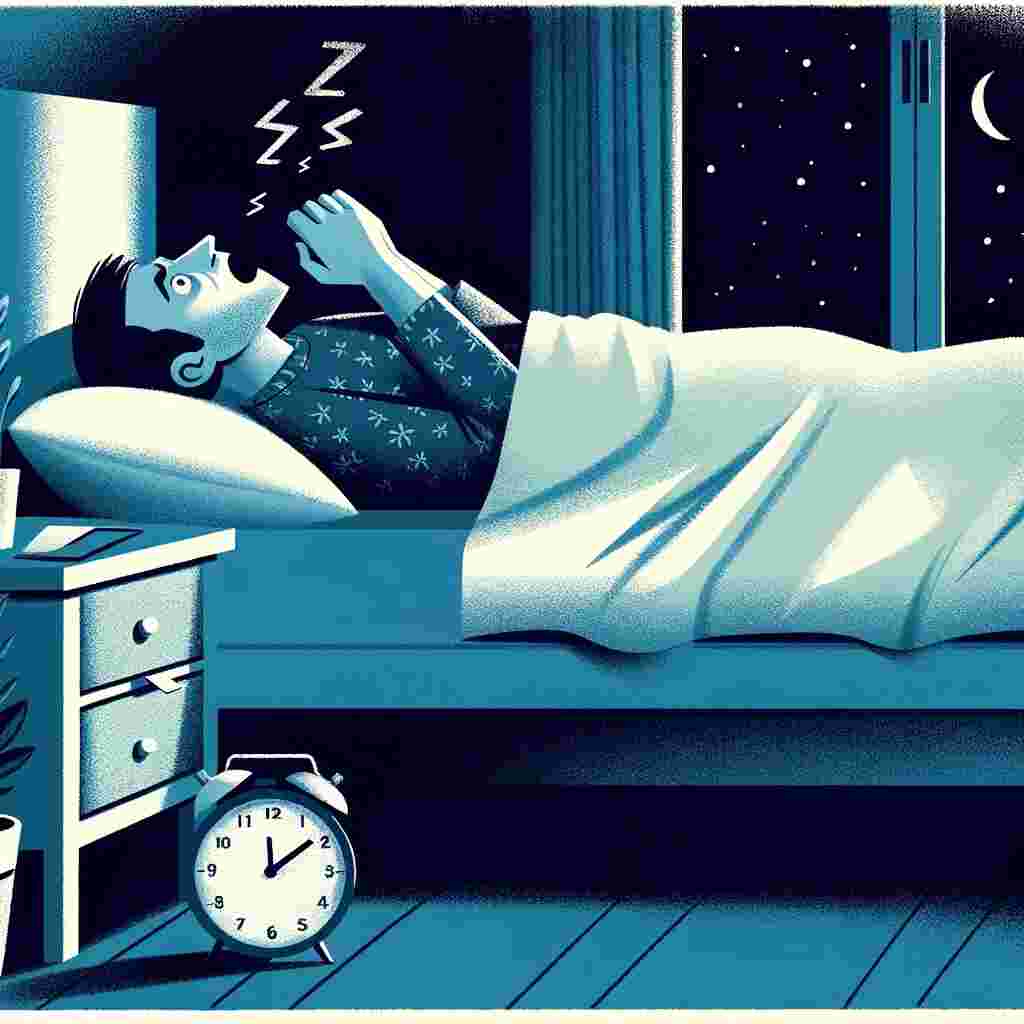Navigating the Night: Understanding and Managing Severe Anxiety Symptoms
Welcome, Nighttime Warriors!

For many, nightfall brings a sense of peace and relaxation. But for those grappling with severe anxiety, nights can be challenging, filled with heightened symptoms and worrisome thoughts. In this post, we’ll explore the nuances of nighttime anxiety, its symptoms, and effective strategies to manage it, aiming to transform your nights from a time of distress to a period of restful tranquility.
The Unique Challenge of Nighttime Anxiety
Why Does Anxiety Worsen at Night?
- Quiet Environment: The lack of daytime distractions can make anxious thoughts more pronounced.
- Tired Mind and Body: Fatigue can lower your resilience to anxiety.
- Fear of Sleeplessness: Anxiety about not getting enough sleep can ironically keep you awake.
Recognizing Nighttime Anxiety Symptoms
Severe anxiety at night can manifest through both psychological and physical symptoms:
- Racing Thoughts: Constant worry about the past or the future.
- Physical Discomfort: Restlessness, rapid heartbeat, or even chest tightness.
- Sleep Disturbances: Trouble falling asleep, staying asleep, or experiencing nightmares.
- Emotional Turmoil: Feelings of dread or panic that seem to escalate at night.
Coping Strategies for Severe Nighttime Anxiety
1. Establish a Soothing Pre-Sleep Routine
- Relaxation Techniques: Practice deep breathing, meditation, or gentle yoga.
- Warm Bath: A warm bath before bed can relax your muscles and mind.
- Comforting Reads or Sounds: Engage in light reading or listen to soothing music or nature sounds.
2. Create an Anxiety-Free Bedroom Environment
- Comfort is Key: Invest in comfortable bedding and keep the room at a pleasant temperature.
- Dim the Lights: Use soft, warm lighting to create a calm atmosphere.
- Limit Screen Time: Avoid screens at least an hour before bed to reduce mental stimulation.
3. Mindful Practices
- Mindfulness Meditation: Focus on the present moment rather than getting lost in worries.
- Journaling: Write down your thoughts and worries before bed to clear your mind.
4. Diet and Exercise
- Avoid Stimulants: Reduce caffeine and sugar intake, especially in the latter part of the day.
- Regular Exercise: Regular physical activity can improve sleep quality and reduce anxiety.
5. Cognitive-Behavioral Techniques
- Challenge Anxious Thoughts: Question the reality of your worries and replace them with more balanced thoughts.
- Gratitude Exercises: Focus on positive aspects of your life before bed to shift your mindset.
Professional Help for Severe Anxiety
Don’t hesitate to seek professional help if your nighttime anxiety feels overwhelming. Therapies like Cognitive Behavioral Therapy (CBT) and medication, if needed, can be highly effective.
Embracing a New Relationship with the Night
Transforming your relationship with the night takes time and patience. severe anxiety symptoms at night can be an absolute nightmare. Start by implementing small changes in your routine and gradually build up to more significant adjustments. Remember, the goal is not to completely eradicate anxiety but to manage it better.
In Closing…
Nighttime anxiety is a formidable challenge, but with the right strategies, it can be managed effectively. By understanding the unique characteristics of nighttime anxiety and employing coping mechanisms, you can find more peace and rest during the night.
